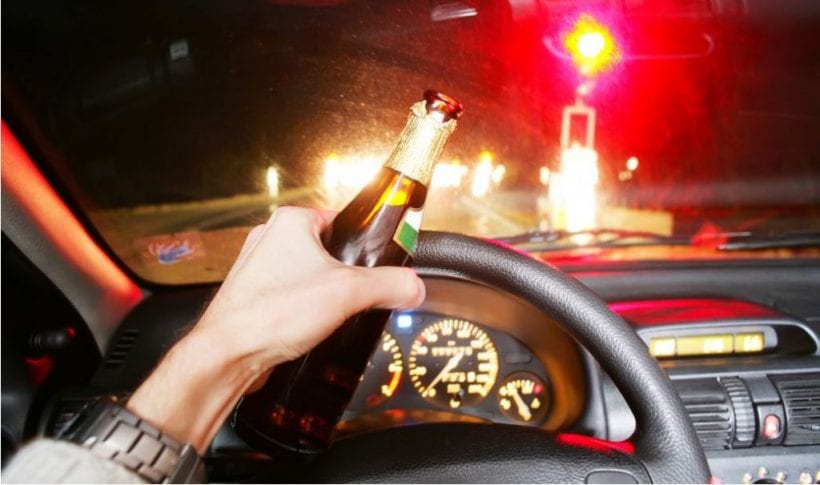When you get behind the wheel of any vehicle, whether it’s a truck, a car, or any other motorized vehicle, you need to ensure that you’re not intoxicated. Drinking under the influence of alcohol is a serious crime in any jurisdiction.
A person is considered to be driving while intoxicated (DWI) if they’re operating a motorized vehicle while having a blood alcohol content level of 0.08% or more. Still, having even the smallest amount of alcohol in your blood may result in serious accidents. Even if there are people who get behind the wheel after drinking alcohol and don’t show any sign of being drunk, this doesn’t make their driving less dangerous.
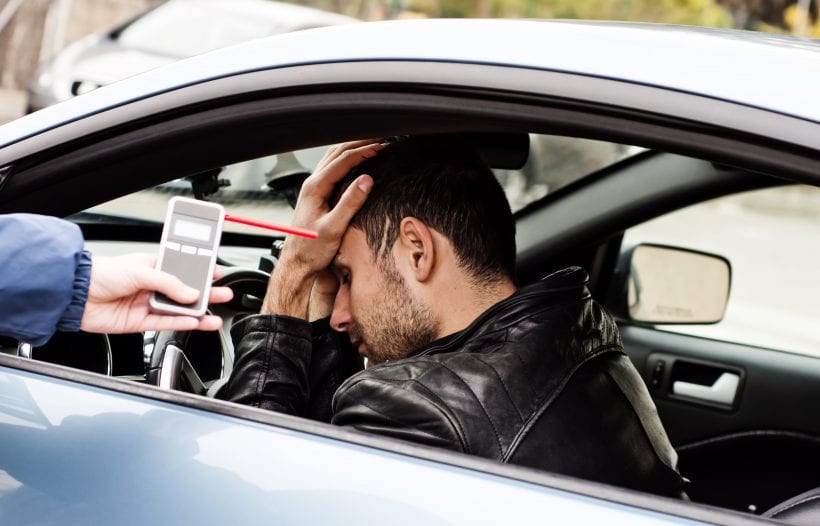
If you drive while intoxicated, there are several things that are likely to happen, such as the following:
-
Driving Ability Is Compromised
Driving while intoxicated is dangerous because even the smallest amount of alcohol in the bloodstream can have a negative effect on your ability to drive. One of the biggest effects of alcohol is that it reduces your ability to make good judgments. This makes you prone to accidents on the road and puts you in harm’s way.
To drive safely, you need to make decisions fast while on the road. Alcohol interferes with your brain and affects your ability to significantly do this, putting your life in danger.
-
Chances Of Being Arrested Are High
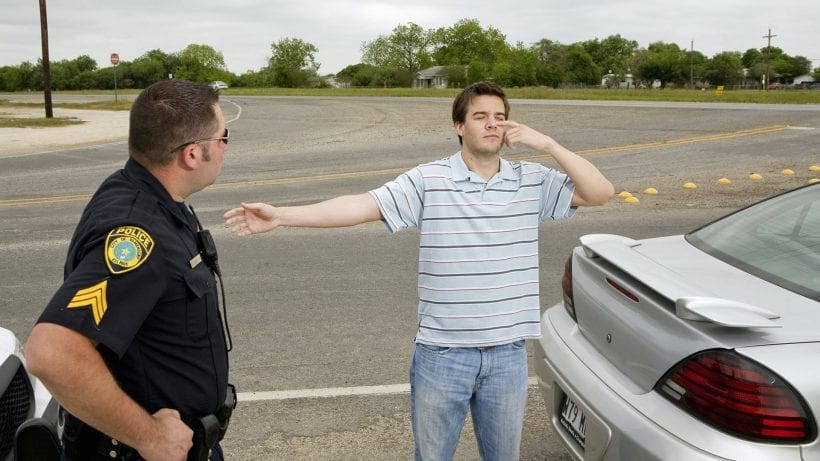
When you drive while intoxicated, you’re likely to fail the sobriety test. This means that you’ll be arrested and get booked on suspicion of driving under the influence of alcohol.
Your blood or breath samples will be assessed for blood alcohol concentration, and if it’s confirmed that the alcohol levels supersede those that have been set in your state, you’ll be prosecuted. In most states, driving while impaired by alcohol attracts a jail sentence that must be completed before you can apply for bond or bail. Also, people who drive while intoxicated repeatedly are required to spend time in jail for varying durations of time.
-
You’ll Get A Court Summon
If you’re arrested due to DUI, you’re likely to receive a summon to appear in court where evidence against you will be presented. Often, you’ll be expected to take a plea on whether you’re guilty of the offense or not.
As advised by DWI guy, if you get a court summon, consider contacting a reputable legal professional to help you out.
When dealing with your case, the court might offer various options, including a sobriety court option or a pre-trial diversion program, based on the case and state you’re in. Take note that there are other options that the court may offer as they’re increasingly shifting from legal consequences to a combination of prevention and consequences to help offenders address underlying alcohol disorders.
-
Suspension Of Driver’s License
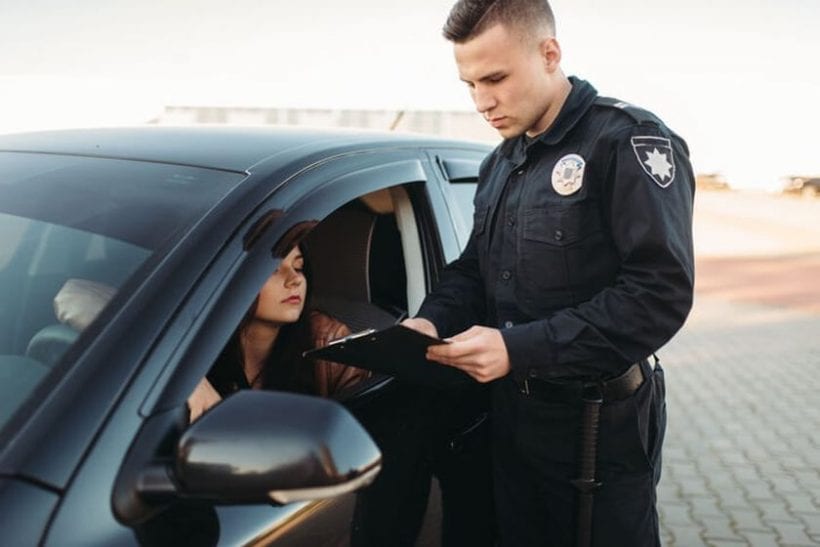
If law enforcement officials find you driving under the influence, they may opt to suspend your driver’s license for a specified period of time. Often, details of when the suspension starts will be included on the ticket that’s issued to you at the time you’re arrested.
Furthermore, the duration of the suspension varies from one state to another. Some states allow people whose licenses are suspended to apply for restricted or hardship licenses, which grants them to drive provided that there are ignition interlock devices in their cars.
-
Ability To Act Fast Is Reduced
When you have alcohol in your bloodstream, you won’t be able to respond to situations quickly enough. Reacting to situations fast is one of the critical skills you need to stay safe on the road. When your ability to respond to situations is reduced, your chances of being involved in an accident become high.
For instance, if the driver in front of you suddenly applies their brakes or there’s a pedestrian crossing the street just in front of you, your brain will take a longer time to process what’s happening in order to prevent an accident.
-
Poor Coordination And Concentration
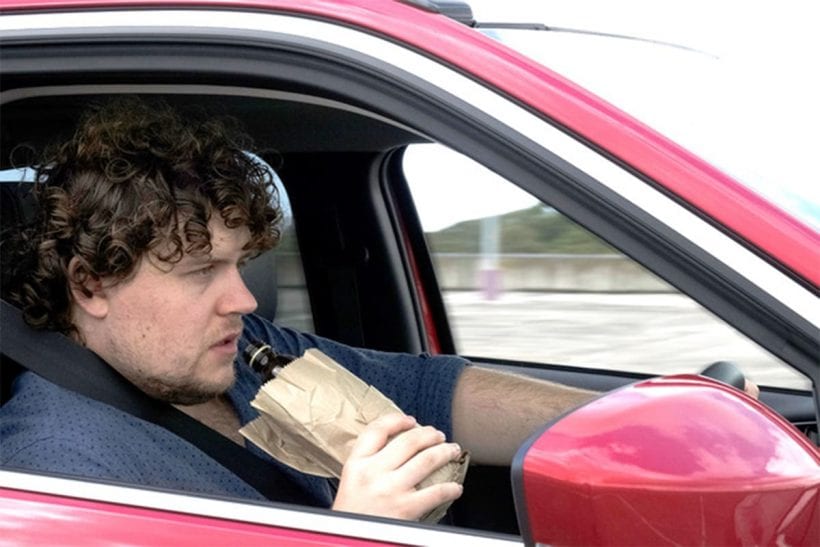
Drinking alcohol and getting behind the wheel means that important motor skill coordination will be affected. Without this coordination, it’ll be difficult to avoid impending situations on the road. Some of the most obvious signs of a person who’s losing coordination due to alcohol intake include swaying as well as trouble walking and standing straight. Taking a lot of alcohol will also make it challenging for you to get into the car and ignite it.
Other than poor coordination, driving while drunk means your concentration isn’t as good as it should be. Safe driving requires one to have undivided attention in order to maintain lane discipline, read traffic lights, observe the required speed limits, and pay attention to other cars.
People who drink and drive tend to have reduced attention spans. Combined with poor coordination, reduced concentration significantly increases your chances of causing or being involved in a road accident.
-
You May Be Required To Pay Fines or Receive Probation
When you’re arrested for driving under the influence or having caused an accident due to drunk driving, you may be required to cater for certain costs. These may include assessment fees, fines, impact on victims, or DUI classes. In some states, drivers who get behind the wheel while drunk are expected to complete probation as opposed to serving jail time.
During probation, such people are required to abide by the terms and conditions of the probation, including paying a probation officer a visit, installing ignition interlock devices in their cars, engaging in community service, and abstaining from taking alcohol. In other states, first-time offenders may be taken through non-judicial programs like treatment programs.
Conclusion
There are many things that can happen when you drive under the influence of alcohol. For one, the alcohol in your blood will have a negative effect on your ability to drive as it’ll impair your judgment, reducing concentration, and you’ll find it difficult to coordinate with your eyes, hands, and feet, and act fast. All of these make you prone to accidents and increases your chances of getting arrested.

